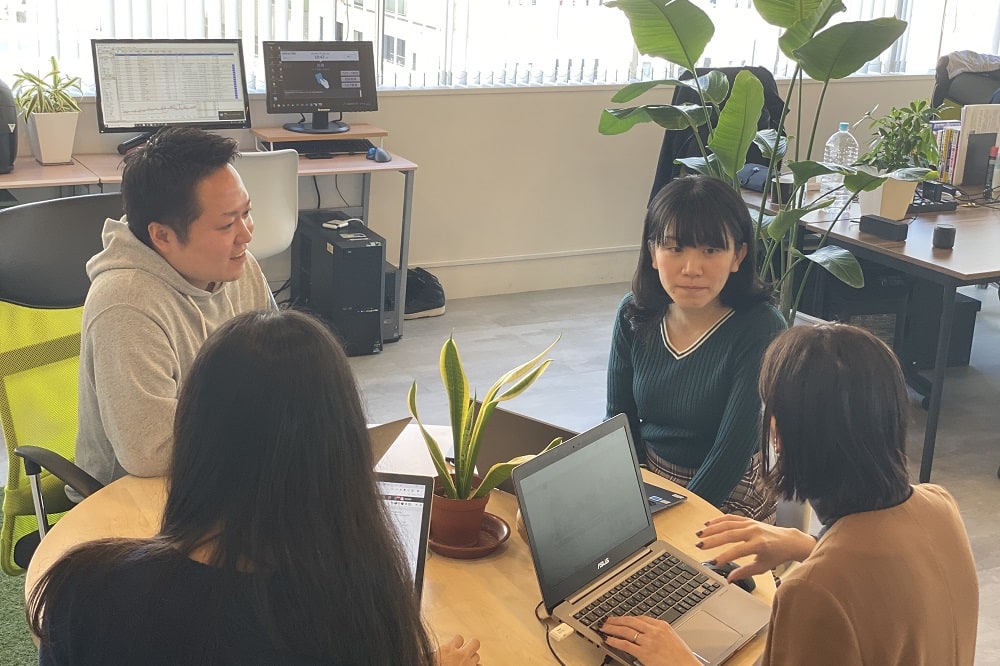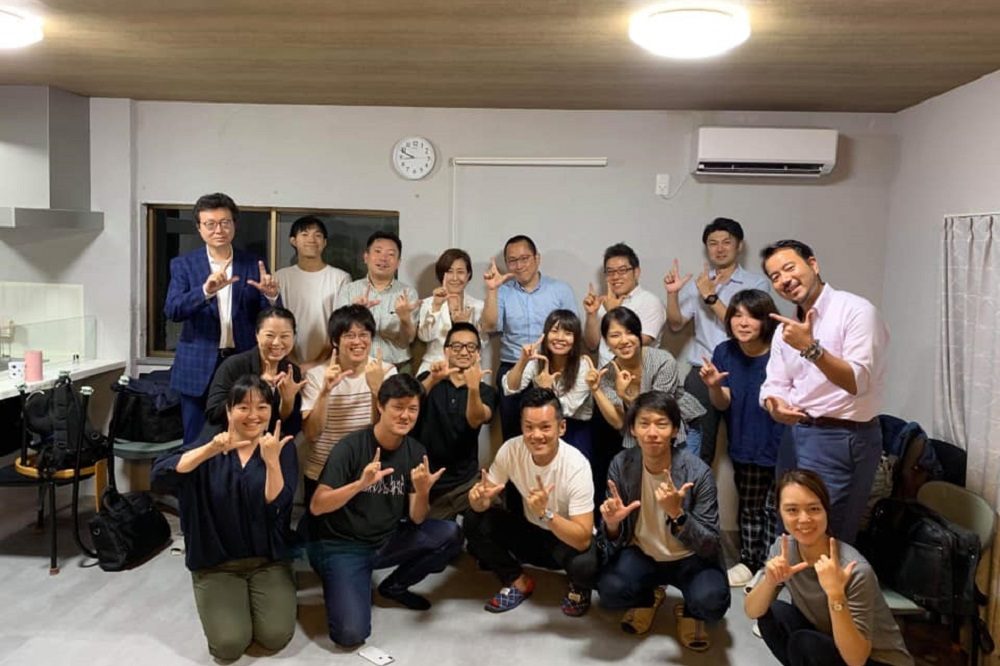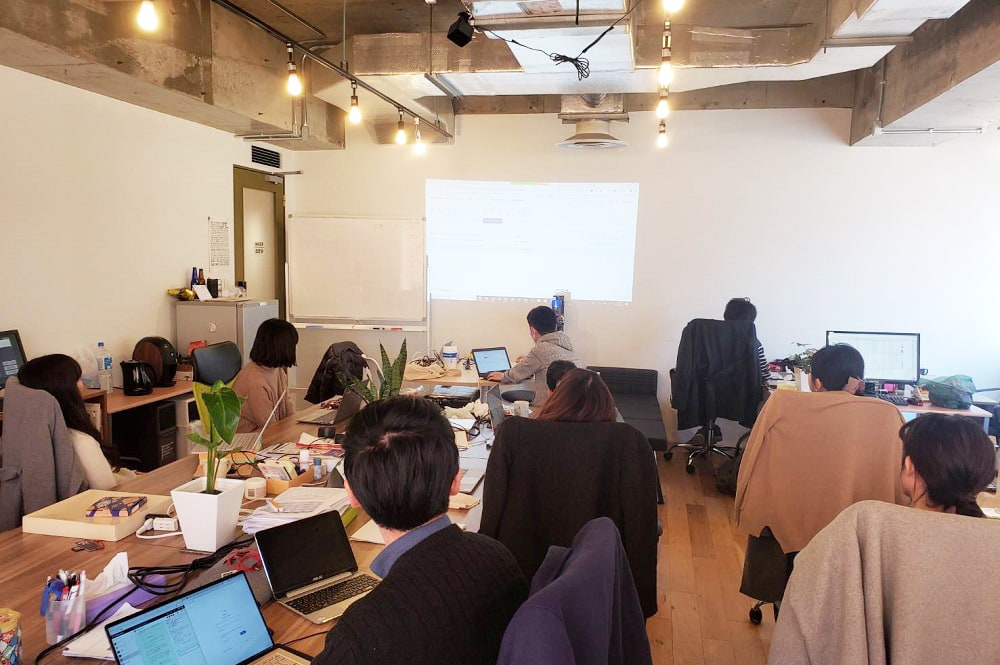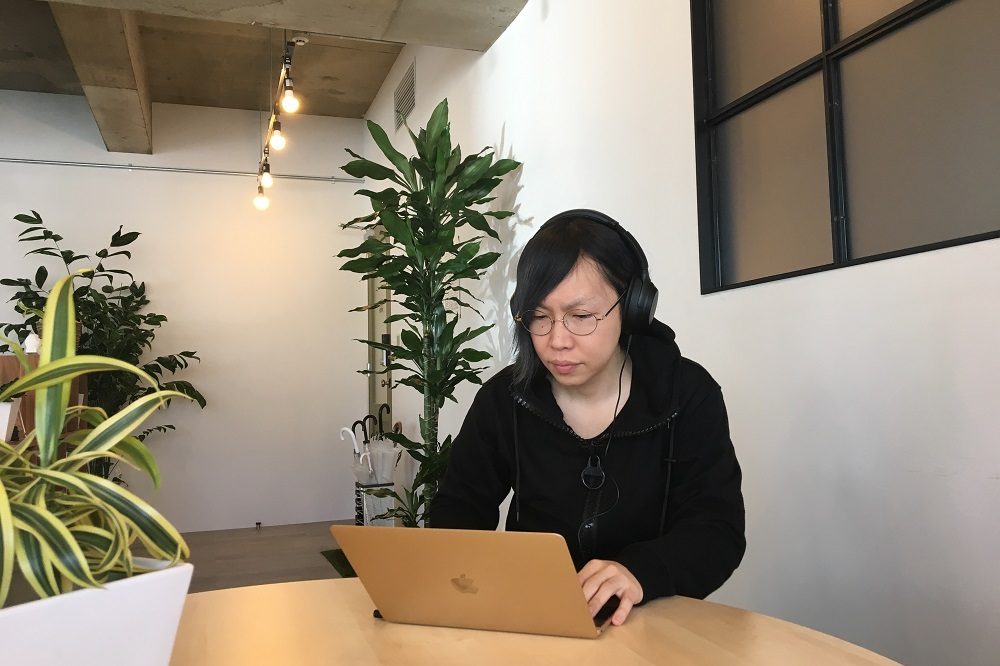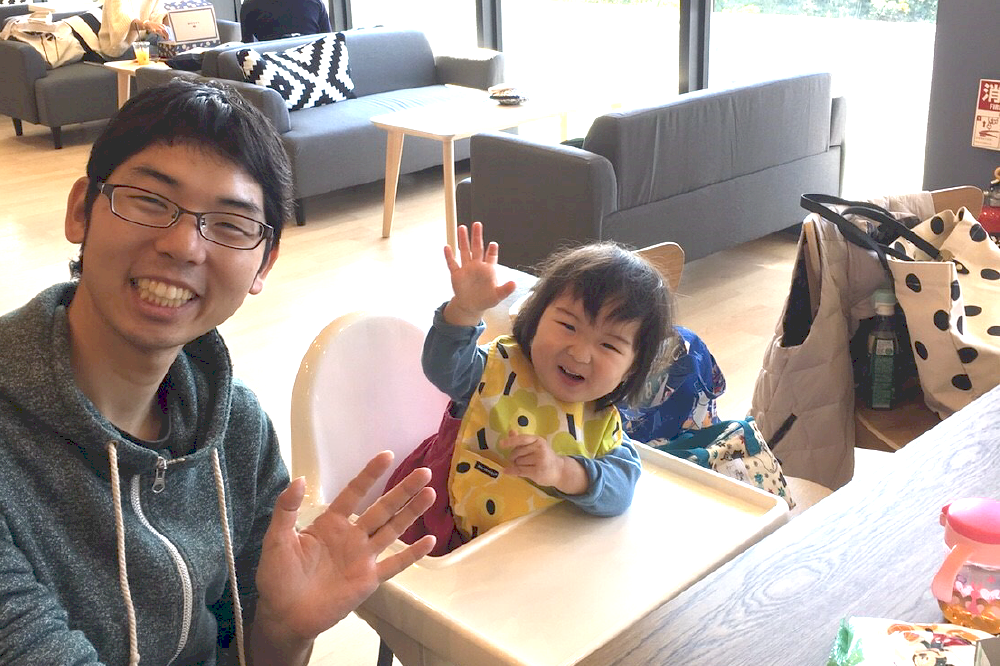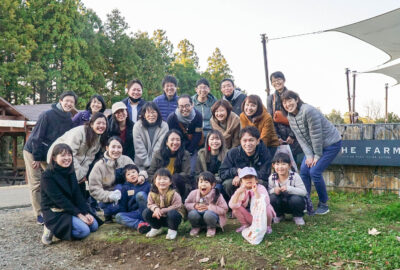Working remotely at The Royal Danish Library
Personnel System
Personnel System
Employees can work remotely once a week if they wish. They can work anywhere they like for the day of remote work such as at home, cafes, libraries, etc. Choosing Mondays or Fridays as a remote workday lets you take more of the long weekend trips you’ve always wanted. Or, designating Wednesdays as a remote workday can help balance your week overall. Many staff like the system because they are able to focus on their writing or tasks that require concentration without any disruptions on the remote workday. Additionally, on these days, employees can choose to start work early and, therefore, finish up early. This gives them opportunities for more free time after work.
4 day work week system: Full-time employment position
A parent employee at Harch
Full time employees are able to choose to work 4 days a week. The one non-workday can be used for any purpose, including side jobs, hobbies, parenting, professional development, relaxing and more. Currently, multiple employees take advantage of this option.
“Jitan” (shortened hours) full-time work system
Because there are many “jitan” employees, most team meetings are held in the morning.
Employees are able to work “jitan” style if they wish. The working hours are flexible between 8:00am and 7:00pm. This allows employees to choose the best schedule to fit their lifestyles. About half of full time employees, particularly those who have children, choose this work style.
Paid volunteer leave system
A scene from Living Lab, a community service project in Yokohama
The paid volunteer leave system allows employees to take time off of work in order to serve the community. Four days of this leave yearly are granted to full time employees. For example, in 2019, one employee served a community which suffered damage from a typhoon.
Employee benefit programs
Peer Bonus system
In-house seminar introducing the Peer Bonus
Peer Bonus is a system through which all employees give bonuses to each other. Recently, it has been introduced in more corporations as a means to boost employee motivation and satisfaction at work. Harch’s original Peer Bonus system, GIFT, utilizes blockchain to provide employee rewards. Multiple media outlets covered this cutting-edge workplace innovation.
Monthly staff lunch
Harch employees conversing during a recent monthly staff lunch
To promote socialization among all staff, complementary employee lunch outings are held monthly in randomly selected groups of 3 or 4 members. All staff are shuffled, giving everyone the opportunity to communicate across departments or teams. 1,500 yen per person for each lunch is compensated by the company. The restaurant and date are chosen collectively by each group, allowing employees to explore a variety of local dining options.
Bicycle commuter benefit
There are numerous advantages for Harch bicycle commuters
Employees who commute by bicycle are compensated for the bike parking and provided with an additional 5,000 yen monthly stipend. Biking to work not only reduces the carbon footprint, but also promotes physical health and well-being. Employees who commute from locations near the office are encouraged to take advantage of this benefit.
External trainings and professional development stipend
An employee taking online English lessons during lunch break
Because the company does not require large-scale facilities or stock management, talent is Harch’s most valuable asset. Harch fully understands and supports each employee’s career goals and actively invests in their education by offering financial support. The professional development stipend may comprise full or half of an educational expense, depending on the study content and the total expense. Stipends offered include:
- Online web engineering training ? full amount
- Web design courses ? half amount
- English Blockchain courses ? full amount
Influenza vaccination compensation
Image via shutterstock
Influenza vaccination fees are compensated once every flu season, up to 4,000 yen per person. This applies to every employee and their children. Compensating employees’ children reduces the likelihood that working parents will require one week off to care for children if they get the flu.
Babysitter use compensation
A parent employee at Harch
Hiring babysitters to look after children makes working extra hours or taking business trips possible for employees, when necessary. Up to 10,000 yen monthly is compensated to hire babysitters for professional purposes.


.jpg)

